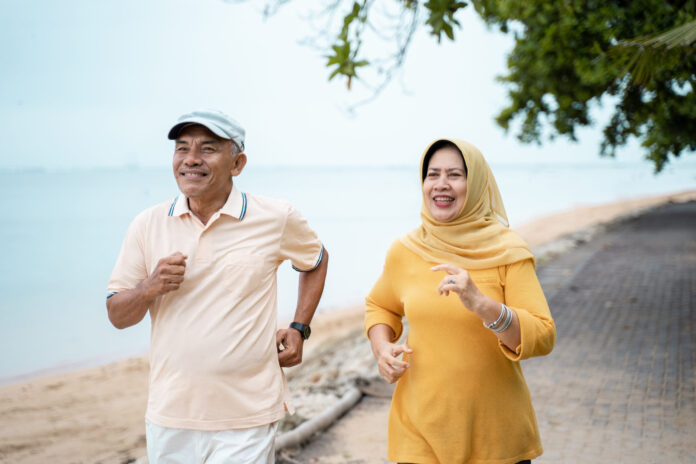Ageing of migrants in Europe has become an important policy issue, especially within the context of health inequalities and increasing health care costs. Based on in-depth interviews with older Alevi/Kurdish refugees in London, we explore the cumulative impact of difficult migration trajectories on the experience of ageing. The findings highlight the important role of cultural capital and transnational ties throughout the refugees’ migration journeys and particularly at old age. However, the study indicates the double edge impact of strong ‘solidarity’ bonds, increasing isolation at old age due to lack of accumulation of capital and knowledge, particularly language, which is important in accessing health and social care services at old age.
Migration has been in the majority regarded as a phenomenon that mainly affects the young, however, many earlier migrants are growing older in the majority of Europe. While considerable policy attention is given to the integration and settlement processes of migrants with some attention to the experience of women and children, very little attention is given to the growing group of older migrants. Forced migration in particular is associated with a significant physical and mental burden on refugees that expand over a long period of time.
Past and current migration trends and population ageing suggest that the issue of active ageing for older people from ethnic minority groups will become more imperative. In order to plan services for older refugees, it is important to understand how specific cultural and ethnic structures may impact individuals’ health and social care requirements.
The study highlights the vulnerable position of Turkish older people living in the UK. A continuum of events and reliance on a strong and supportive social structure facilitated their early settlement within a closed community, yet isolated many from the wider society. For older people, who in the majority suffer from different health problems at a younger age, ageing becomes a more stressful stage as the need to communicate, seek and access the wider society increases. There are clear needs for health and social care provisions to understand the level of isolation and complex needs among this community and to facilitate access through innovative practice and building bridges capitalising on the experience of community associations and younger generations.
Sema Oglak & Shereen Hussein (2016) Active Ageing: Social and Cultural Integration of Older Turkish Alevi Refugees in London, Journal of Muslim Minority Affairs, 36:1, 74-87
ACTIVE-AGEING-2016



